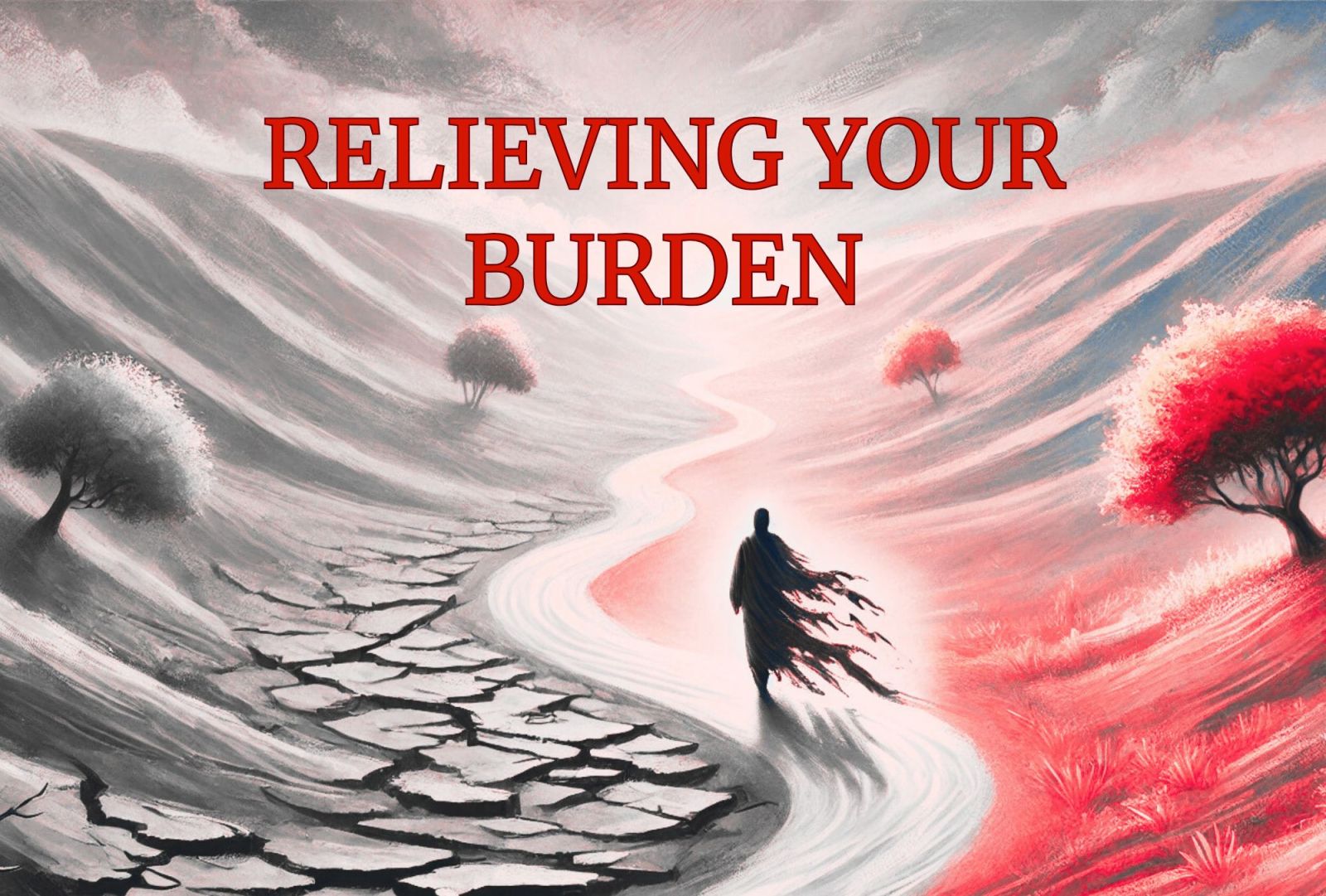 Reflection by Carlos Escobar
Reflection by Carlos Escobar
Perhaps I was too hasty when selecting this Gospel to reflect on. It’s a daunting task to approach such an iconic passage. The echoes of forgiveness tend to ring deep in the human heart, so it takes very little to put ourselves in the place of the adulteress. Anyone who has been touched by forgiveness can read into the moment that sense of absolute relief, and even awe, at Christ’s capacity to remove the crushing weight of judgement. Even those with a limited experience of forgiveness are given pause to reflect on their desire for such a moment in their own lives; desperate for the burden of guilt to be lifted. In such cases, the heart’s capacity for hope dictates whether such a sentiment breeds faith towards or denial of an omnibenevolent God. Regardless of the audience, this passage tends to hold a special place in the hearts of many. Nevertheless, I will offer what insights I can.
In pairing this Gospel with the passage from Isaiah 43, the lectionary successfully preserves the early Church’s faith and understanding of the actions of Christ. Isaiah’s prophecy fostered a hope to an oppressed nation; a certainty that even exile could not take life from God’s people. Neither failure nor disaster would come to define Israel, as God urges to “forget the former things; do not dwell on the past.” Rather, the calamity of exile would till the soil for a “new thing,” a new act of creation, a new stream of water that would cultivate new life just as the river of Eden did. In Jesus’ capacity to bring absolute forgiveness through compassion, the Church gives witness to a new manner of creation; a “new thing.” Jesus reveals to us that an act of absolute forgiveness is an act of creation which harnesses the same power that the Father did at the beginning of time. Forgiveness can separate darkness from light, set the stars in place, water a dry and lifeless land, and ultimately bring forth new life. It’s daunting stuff, but then again, so is the Gospel of John.
The question left to ponder is this: if the Lord is so willing to relieve me of my burden, how then can I do so for others? Is it really that powerful?
I have the privilege of working as a secondary school teacher in the growth corridor of Southeast Melbourne – what I affectionately refer to as “the Deep Southeast.” For our young students, life in these parts is diverse, vibrant and challenging. On any given day, learning is not the primary focus of many of our students, who find themselves burdened with struggles that can quickly overwhelm a young soul. Teaching such students demands a cultural and personal sensitivity beyond the regular duties of an educator. We are called to see past the challenging behaviour, identify the burden of the child, and in whatever way we can, relieve them of it. This is the challenge that any Catholic community must take seriously. In my case, students encounter the forgiveness of Christ by our willingness to see them as they really are. To love them as they really are. Only then can they be challenged to strive for something more, or as St Paul writes: “forgetting what is behind and straining toward what is ahead.” This is no easy task and is evidenced by the exhaustion, frustration and at times desperation that we can see in teachers as they come to the end of a school term. But there’s no surrender; no intention to abandon their post. In this sense, only a school firmly anchored in the person of Christ has the capacity and willingness to consistently push past condemnation in order to understand the individual. Perhaps it is this very act of understanding that gives teachers their dynamism, for as Christ demonstrated, such an act channels a source of power that is life-giving, sublime and divine. It’s daunting stuff, but then again, so was Christ.
Can we really channel divinity in forgiveness? Our faith has a clear answer, and the Church’s long history is evidence enough. Perhaps I’m biased by my vocation of teaching, but I take great inspiration from the great educator St John Bosco, who would look upon his own troubled youth and say: “The Lord has chosen you for His own, whichever your state in life may be.” I pray that the Church never abandon such a challenge, for it is in this act of compassion, understanding and forgiveness that she drinks from the same water that gives life, the same grace that leads her “heavenward in Christ Jesus. “